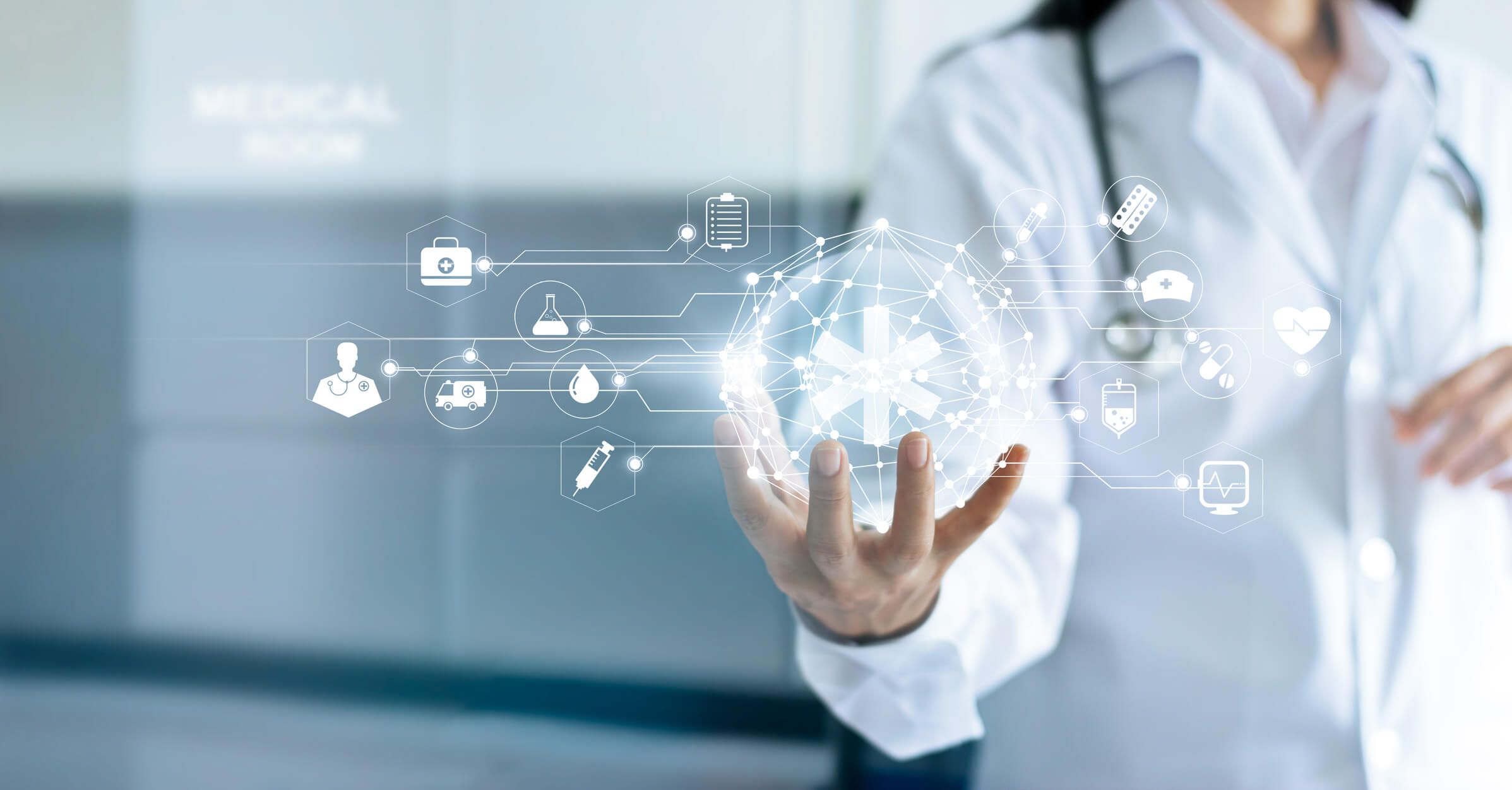
Modern Medical Technologies and Their Impact on Healthcare

Over the past decade, we have witnessed a dramatic shift in the way medical technologies are integrated into the healthcare system. The introduction of cutting-edge innovations has drastically improved patient care, diagnosis accuracy, and treatment outcomes. From wearable health devices to robotics in surgery, modern medicine has embraced technology to make healthcare more efficient, accessible, and tailored to individual needs.
In this article, we explore some of the key medical technologies that have revolutionized healthcare in the last ten years. We will dive into how these advancements are shaping the future of medicine, making it safer, more precise, and more adaptable to the challenges of a rapidly changing world.
Robotics in Surgery: A Game Changer
One of the most significant advancements in recent years is the use of robotics in surgical procedures. Robotic surgery systems, such as the da Vinci Surgical System, have enhanced precision and reduced the risk of human error. Surgeons can now perform minimally invasive surgeries with improved accuracy, resulting in quicker recovery times and fewer complications for patients.
- Increased Precision: Robotic arms are capable of movements far more delicate and precise than human hands.
- Minimally Invasive Procedures: Smaller incisions mean faster healing and reduced scarring for patients.
- Remote Surgery: Surgeons can operate remotely, using advanced robotics and high-speed communication technologies.
The Future of Robotic Surgery
As robotics continue to evolve, we can expect even greater advancements in the field of surgery. Autonomous surgical robots, capable of performing complex operations without direct human control, are already being tested. These developments have the potential to revolutionize the way we approach surgery, making it safer and more accessible for people around the world.
Wearable Health Devices: Monitoring Patients in Real Time

Wearable health devices have become a significant part of modern healthcare, offering real-time monitoring of vital signs and physical activity. Devices like smartwatches, fitness trackers, and portable ECG monitors allow doctors to keep a close eye on patients’ health outside the clinic. These technologies empower patients to take control of their health and provide doctors with crucial data that can be used to personalize treatments.
The COVID-19 pandemic has further highlighted the importance of these devices, as remote monitoring became essential for managing patients at home. Wearable technology has proven to be a valuable tool in managing chronic conditions, improving preventive care, and enhancing early diagnosis.
Popular Wearable Health Technologies
- Smartwatches: Track heart rate, physical activity, sleep patterns, and more.
- ECG Monitors: Help detect heart conditions like atrial fibrillation.
- Continuous Glucose Monitors: Essential for patients with diabetes to monitor blood sugar levels in real time.
How Wearable Devices Are Changing Healthcare
Wearable health devices have the potential to revolutionize preventive medicine. By continuously monitoring a patient's health, doctors can identify issues before they become critical. This shift towards proactive healthcare is already showing positive outcomes in the management of chronic diseases like diabetes, hypertension, and cardiovascular conditions.
Telemedicine: Expanding Access to Healthcare
Telemedicine has seen a rapid rise, especially during the COVID-19 pandemic, as healthcare providers looked for ways to safely deliver care remotely. Telemedicine allows patients to consult with doctors from the comfort of their homes, reducing the need for in-person visits and minimizing the risk of infection. This technology is especially beneficial for rural or underserved areas where access to healthcare is limited.
Beyond video consultations, telemedicine now includes remote monitoring, digital diagnostics, and even virtual surgeries. With telemedicine becoming more advanced and widely accepted, it is expected to remain a key component of modern healthcare systems.
The Benefits of Telemedicine
- Improved Access: Patients in remote areas can receive care without traveling long distances.
- Cost-Effective: Virtual consultations reduce the need for costly hospital visits.
- Convenient: Patients can receive care at home, making it easier to fit healthcare into their busy lives.
All rights Reserved © careprostrxmedsx247,
Made with by careprostrxmedsx247

